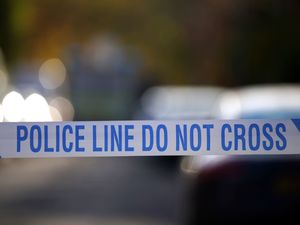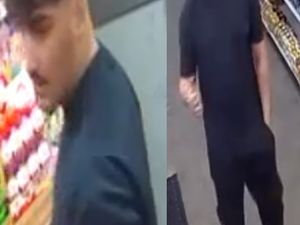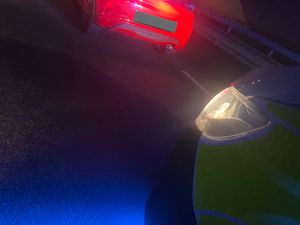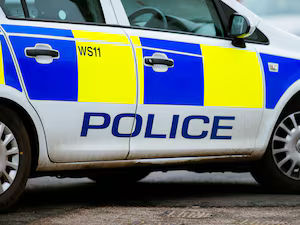£54,000 bill for Wombourne boss who sold fake T-shirts
The director of an online clothes business who sold counterfeit designer brands to customers has avoided a jail term but been ordered to pay back £54,000 of ill-gotten gains.
Matthew Brown ran Squashed Frog Clothing Company Ltd from his bedroom in his parents' house in Copper Beech Drive in Wombourne, Stafford Crown Court heard.
The 30-year-old was importing clothes from China and Bangladesh before selling them all over the world on eBay. It proved an instant success with a projected a turnover of £189,000 after just six months.
But after a brand protection officer from Dutch designer company G-Star bought a T-shirt from Squashed Frog and found it to be fake, he informed the police and Trading Standards officials at Staffordshire County Council.
Police went to the defendant's home and then seized 140 boxes from a warehouse in Kingswinford - finding 35 of them contained 1,890 fake G-Star T-shirts and 84 fake Superdry swimming shorts.
Checks on his home computer found he had used search engines to question the legitimacy of his supplier Clever Cloggs Clothing.
Mr Tony Watkin, prosecuting, said the defendant was the only employee of Squashed Frog Clothing Ltd and that most of the goods searched had been genuine.
He said: "He had been trading for around eight months and said G-Star and other brands came from supplier Clever Cloggs Clothing.
"He said he never contacted the original brand owners but said it had been part of his future plans to do that."
Brown and the company were found guilty by magistrates on four counts of possessing and selling counterfeit goods after a three-day trial
Defending, Mr Philip Morris said the number of fake items had been a 'small' part of the business.
He said: "There is no suggestion that he is anything other than a small scale retailer. While 1,800 items in any way can be viewed as small, compared to 35,000 legitimate items to pass through his business is a low number.
"This is a legitimate business but has been taken over by naivety or ignorance."
Judge Mark Eades said the defendant's operation had been 'no small beer'.
"You were lucky this was nipped in the bud at an early stage," he said.
"It seems to me you had concerns about whether goods were fake - you made searches on your computer - but when chasing profits in the early days of a business it's easy to put concerns to the side."
He sentenced him to a six-week suspended prison sentence and the company to a two-year conditional discharge.
Brown was also told to repay £54,000 in ill-gotten gains, £4,000 costs and an £80 victim surcharge.
The company must pay £4,000 costs and a £15 surcharge.
Councillor Gill Heath, Trading Standards boss with Staffordshire County Council said: "This case sends out a clear message to criminals that we won't tolerate the supply and sale of counterfeit goods in Staffordshire. Taking thousands of pounds away from criminals and removing thousands of goods from those who would have flooded markets is a real result.
"Counterfeiting is not a victimless crime. People and legitimate businesses lose out as a result of counterfeit goods sales."





